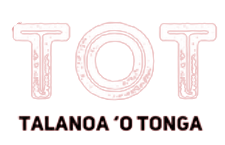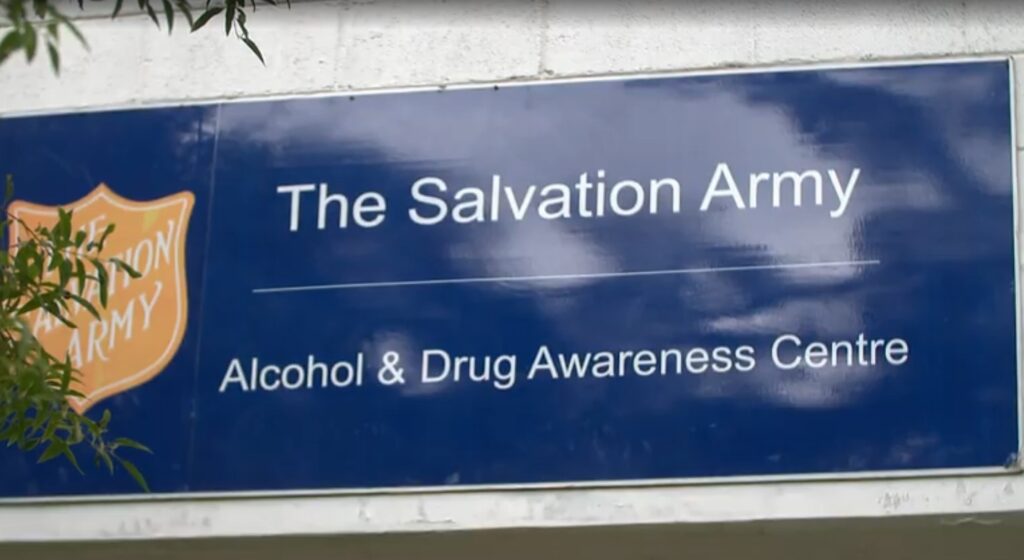Those who work with drug dealers and addicts in Tonga are fearing for their safety, as the kingdom grapples with a serious methamphetamine crisis.
It follows the arrest of 17 people — including Comancheros gang members to a top businessman — for the alleged importation and sale of methamphetamine in the past fortnight.
At the Salvation Army’s Drug and Alcohol Awareness Centre, addicts are given a voice through rehabilitation classes — but sometimes it’s fraught with danger.
“We are facing these people every day and we never know what is going to happen when we walk out the door,” Salvation Army Tonga’s Mele Prescott told 1News.
“It hurts because we believe that there is hope — there is a chance for them to get off drugs.”
One of the people seeking help is a father desperate to save his meth-addicted son. The family is hoping he can get rehabilitation in New Zealand.
“We build a fence at our house. We just tell him that it’s locked and can’t go outside,” he said.
“Those people that used to give him the drugs in Tonga, they’re in Tonga.”
Another is a young mother ordered by the courts to complete a 100-hour programme.
The woman and her two siblings take meth daily while children are in the house. The drugs are supplied to her by friends in exchange for sex.
“If I wanted to stop then I can stop it,” she said.
She said while she “should” kick her addiction, “it’s making me stronger”.
‘Change doesn’t happen overnight’
The island nation has grappled with several meth-related murders as the crisis grows.
In 2019, Salvation Army head Ned Cook told 1News he knew too much and feared for his life.
“It could harm my life and my family’s life. I get really emotional when I think about it. We get abused and sworn at and threated by some of these clients,” he said at the time.
He was murdered in the street nine months later.
Prescott said she and her colleagues are fearful as clients tell them who is involved.
“They’re the ones who are making decisions for Tonga,” she said.
Salvation Army staff said they’ve turned down large bribes from dealers to lie to the authorities, saying their court-mandated programmes have been completed.
Around 93 people attend the rehabilitation classes, but there is a waitlist of 240.
“The way I see it, it’s not a priority for the government,” Prescott said through tears.
Despite the struggles, Prescott and her team press on.
“Change doesn’t just happen overnight. It will take us a long time to work with them,” she said.
“Because if they don’t prioritise this, Tonga will lose a lot of people to drugs.”
Source: 1News




